There is solid foundation for the exchange rate of China's currency renminbi (RMB) to remain generally stable, according to a Tuesday teleconference regarding the self-regulatory framework of China's foreign exchange market.
Calling for efforts to restrain drastic fluctuations in exchange rates, the conference said that since the beginning of this year, the RMB exchange rate index published by the China Foreign Exchange Trade System has maintained basically flat compared with the levels at the end of 2021.
RMB has depreciated against the U.S. dollar this year, but the scale of depreciation was merely half of that of the dollar's appreciation in the same period. As one of the few "strong currencies" currently, RMB has appreciated against the Euro, British pound and Japanese yen, according to the conference.
In contrast to many economies faced with stagflation risks, the Chinese economy has sustained its recovery momentum, with prices staying basically stable and trade surplus expected to remain high. As the macroeconomic policies take effect, China's economic fundamentals will become more solid.
The conference stressed that China's current RMB exchange rate formation mechanism is suitable for the country's own conditions, and is able to maximize the functions of both the market and government.
The central bank, having withstood a multitude of external shocks in history, has rich experience in anchoring market expectations, per the conference.
The country's foreign exchange market is generally operating in an orderly manner, but there remain a handful of companies speculating on the market and financial institutions violating rules. Guidance is required for rectifying these wrongdoings, the conference noted.
While safeguarding the authority of RMB's central parity rate, banks should carry out proprietary trading based on the principle of risk neutrality and provide authentic liquidity for the market. Member departments of the framework should step up services for businesses to fend off risks and toughen regulation over market speculation, according to the conference.












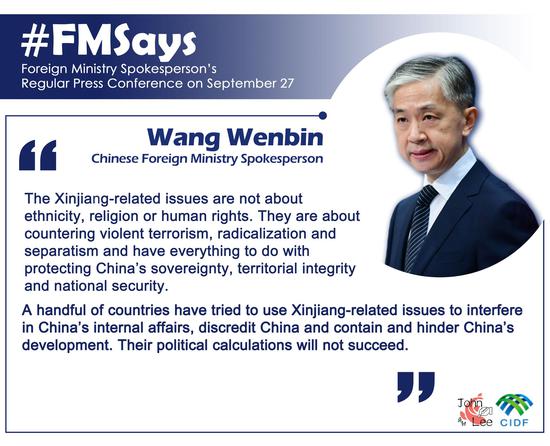
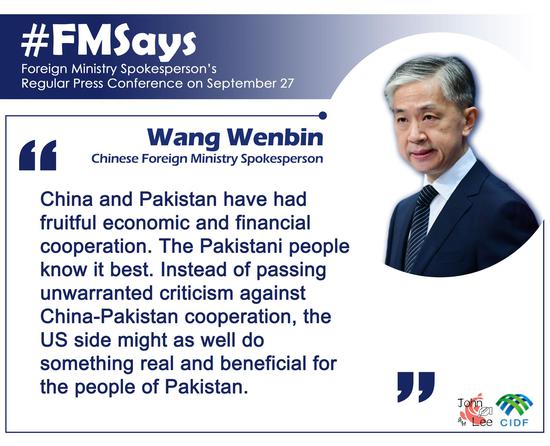




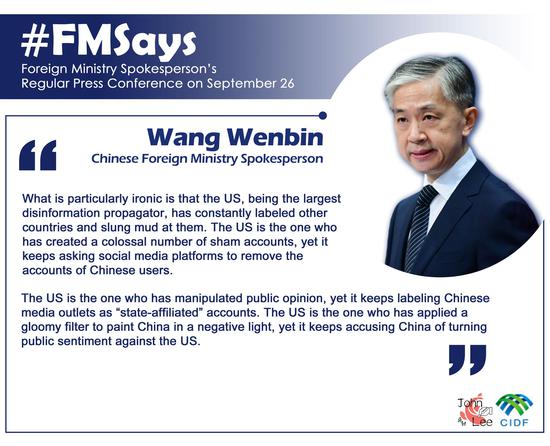
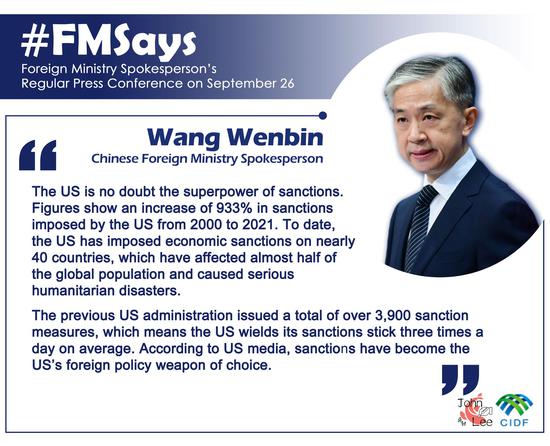

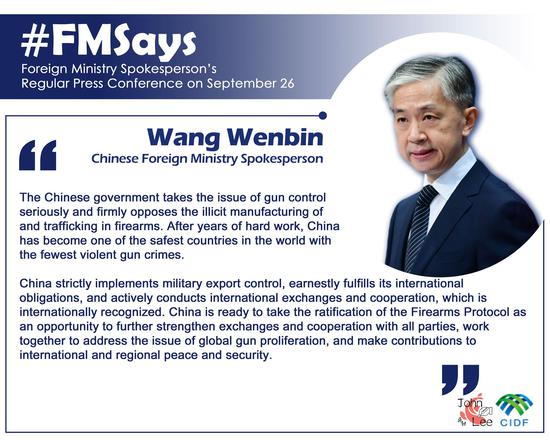

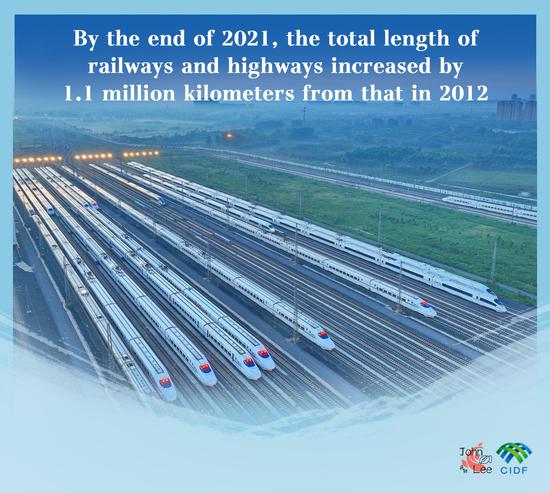

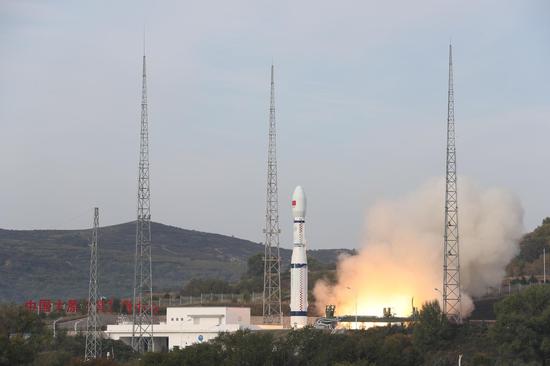


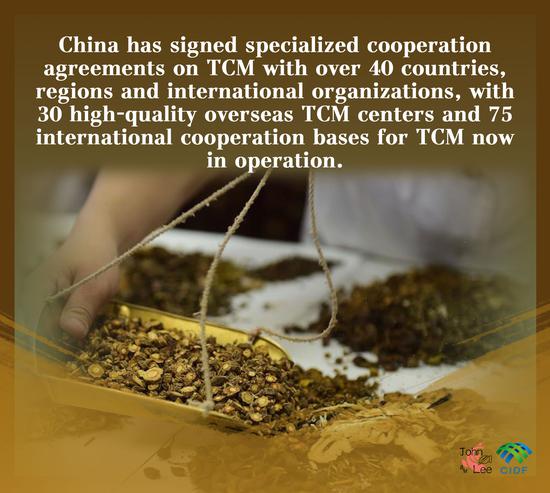





















 京公网安备 11010202009201号
京公网安备 11010202009201号